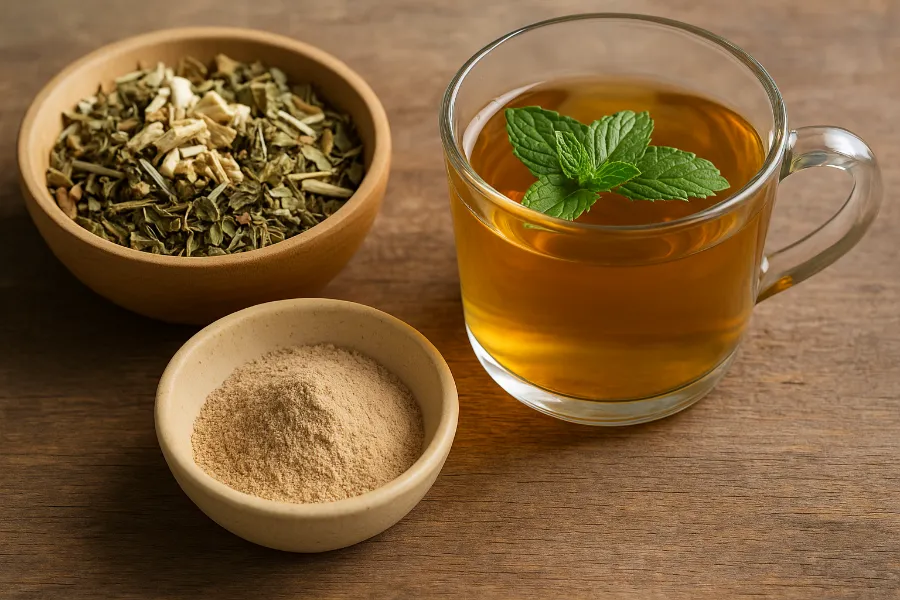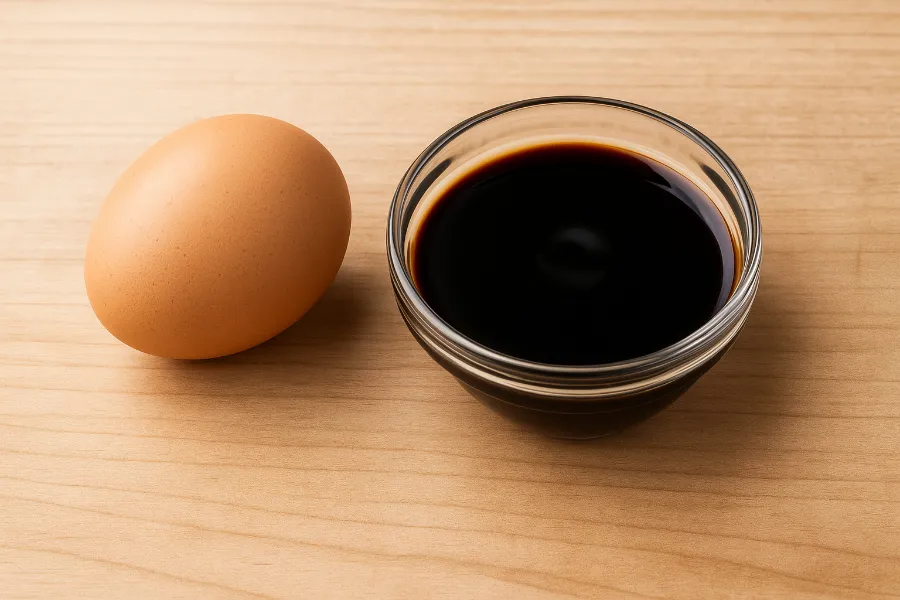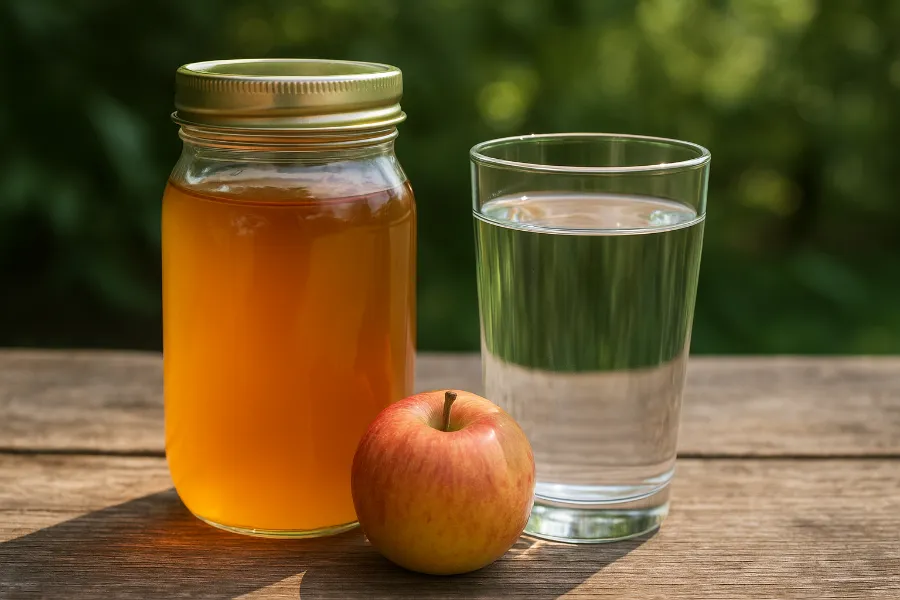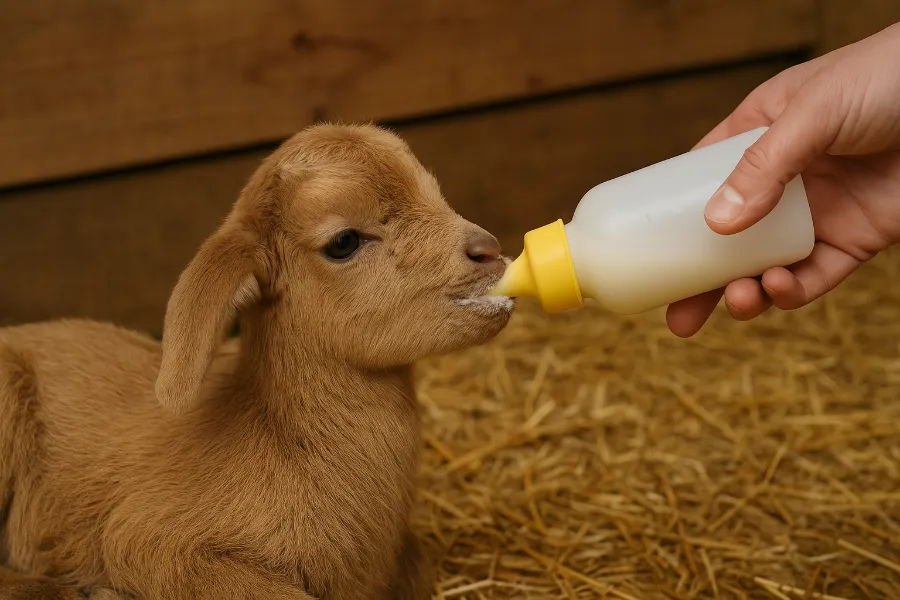If you’ve ever walked into the barn and found a baby goat with a messy tail, you already know the sinking feeling that follows. Scours in goats — especially in kids — can turn serious fast. The first time I dealt with it, I panicked. I didn’t have medicine on hand, and the feed store was closed. But over the years, I’ve learned how to treat scours in baby goats naturally — gently, effectively, and without relying on harsh drugs.
Before diving into remedies, let’s talk about what scours actually is, what it does to your baby goats, and how nature offers everything you need to bring your little ones back to health.
Goat Scours: What It Really Means and Why It Happens

“Scours” is just the farm term for diarrhea, but that word doesn’t capture how dangerous it can be for young goats. When a baby goat’s droppings turn watery or loose, their body begins to lose fluids and minerals at an alarming rate. I’ve seen kids go from bright and bouncy to weak and shaky in less than a day. That’s why you never ignore scours — even if it looks mild at first.
The most common reasons for scours in baby goats include:
- Overfeeding milk or feeding milk that’s too hot or cold
- Sudden changes in diet (like starting grain or hay too early)
- Dirty bottles, nipples, or feeding buckets
- Parasites (especially coccidia in kids over three weeks old)
- Bacterial infections such as E. coli
- Stress — from weaning, travel, or temperature changes
- Weak immunity due to poor colostrum intake
No matter the cause, the plan is the same: stop the dehydration, soothe the gut, and rebuild strength naturally.
Goat Scours Treatment: The Natural First Steps That Always Work
When a baby goat starts scouring, the first 12 hours are everything. Your goal is not to “cure” the diarrhea immediately but to stabilize and support the kid’s body while it flushes out the problem.
Here’s the order I follow whenever I spot a sick kid:
- Isolate the goat. You don’t want others catching it, and it’s easier to monitor stool changes this way.
- Keep it warm and dry. Cold kids don’t heal. I wrap mine in a towel or use a low heat lamp.
- Pause milk feedings for a few hours. Milk can be too rich for an irritated stomach.
- Start electrolytes right away. You want to get fluids and salts back into the bloodstream before weakness sets in.
- Track progress hourly. Note stool color, consistency, energy levels, and hydration signs.
Once the goat perks up and stools start to thicken, you can begin introducing the next layer of support — herbs, probiotics, and gentle nourishment.
Goat Electrolytes: The First Line of Defense
Dehydration is the real danger here, not the scours itself. A baby goat can live a few days without food, but only a few hours without fluids. That’s why goat electrolytes are your best friend.
You can buy commercial mixes, but in a pinch, here’s the simple homemade recipe I use on my farm:
Homemade Goat Electrolyte Recipe:
- 4 cups warm (not hot) water
- 1 teaspoon salt
- 1 teaspoon baking soda
- 2 tablespoons molasses or honey
Mix well, and give small amounts every 1–2 hours using a bottle or syringe. Make sure to separate milk and electrolytes by at least one hour so the stomach doesn’t curdle the milk.
If your baby goat won’t drink, gently squirt the solution into the side of its mouth every few minutes. Tiny, frequent doses make all the difference.
Goat Probiotics: Rebuilding a Healthy Gut

After the scours slow down, the next battle begins — rebuilding gut health. That’s where goat probiotics come in.
When a goat has diarrhea, it loses not only fluids but also the good bacteria that keep digestion running smoothly. Without those microbes, the gut can’t absorb nutrients properly, and the problem often returns.
My go-to options:
- Plain goat yogurt — just a spoonful twice a day does wonders.
- Livestock probiotic paste — follow the package dose for the kid’s weight.
- A splash of apple cider vinegar — added to water to balance pH.
Probiotics are like nature’s gut mechanics — they restore order after the chaos.
Treating Goat Diarrhea with Natural Remedies
Over time, I’ve tested and refined what actually helps in mild to moderate cases of scours. Below are my ten favorite natural remedies that I keep ready in my barn cabinet. They’re gentle, effective, and safe even for the tiniest kids.
1. Electrolyte and Honey Solution
This simple mix replaces lost fluids and sugar. I use it every time a kid looks droopy. The honey gives a fast energy boost while the electrolytes restore balance.
2. Activated Charcoal
If the scours are caused by spoiled milk or bacterial imbalance, activated charcoal works like a magnet to bind toxins and carry them out safely. Mix half a teaspoon in water and give it twice a day for up to 48 hours.
3. Slippery Elm Bark
This herb coats the gut lining and reduces irritation. I make a paste using one teaspoon powder with warm water, then give a few milliliters orally twice daily. It’s especially helpful for prolonged diarrhea.
4. Garlic and Honey Paste
Garlic acts as a natural antibacterial, while honey offers energy and healing enzymes. Crush a clove, mix with honey, and feed a pea-sized dab twice daily. It also keeps parasites in check.
5. Chamomile or Peppermint Tea
Both herbs calm the digestive system and reduce cramping. I brew a cup, let it cool, and offer two to three tablespoons a few times a day. You can alternate between the two for variety.
6. Raw Egg and Molasses Energy Mix
If the kid looks weak, this mix helps. Whisk together one egg and a tablespoon of molasses. Feed a few tablespoons slowly with a syringe. It’s protein plus natural sugars — a great pick-me-up.
7. Apple Cider Vinegar Water
I add one teaspoon of raw apple cider vinegar per cup of water to balance gut acidity. It’s a gentle way to fight off bad bacteria and promote healthy digestion.
8. Probiotic Yogurt Mix
A spoonful of plain yogurt once or twice daily repopulates the gut with good bacteria. I sometimes blend it with a bit of warm water to make it easier to swallow for smaller kids.
9. Colostrum or Diluted Goat Milk
If the goat is under two weeks old, reintroduce milk slowly after a few electrolyte feedings. If you have extra colostrum frozen, thaw and feed small amounts — it’s packed with immune-boosting antibodies.
10. Herbal Gut Soother
Mix slippery elm, marshmallow root, and peppermint tea. It reduces inflammation, helps rehydrate the digestive tract, and prevents recurrence once the goat starts eating again.
Rehydration: The Step You Can’t Skip
Dehydration is the silent danger. It creeps in quietly, and by the time you notice drooping ears or sunken eyes, you’re already in a race against time.
Signs your goat needs urgent rehydration:
- Gums feel dry instead of moist
- Eyes appear sunken or dull
- Skin doesn’t bounce back when pinched
- Cold legs or ears
Even if you’re using herbal remedies or probiotics, none of them matter if the goat isn’t hydrated. I often set a timer on my phone to remind myself to check every hour — it’s that critical.
What to Expect During Recovery
After about 24 hours of consistent care, most goats start to perk up. Their stool becomes thicker, and they start nibbling hay again. Keep milk feedings small and frequent, and maintain warmth until their body temperature feels steady.
By day three, you should see energy returning — little hops, gentle bleats, and curious eyes. That’s when I breathe a sigh of relief.
Preventing Goat Scours from Coming Back
Once your baby goat recovers, prevention becomes the goal. I’ve learned that healthy gut management is the best medicine.
My top prevention habits:
- Keep all feeding equipment sanitized — no shortcuts.
- Don’t switch feed or hay suddenly.
- Provide clean water and free-choice minerals daily.
- Use goat probiotics weekly, especially during stressful weather changes or weaning.
- Rotate pastures to minimize parasite load.
- Keep bedding dry and replace it often.
- Watch stool consistency — catching scours early makes it much easier to fix.
Why I Trust Natural Remedies for Treating Goat Diarrhea
I’ve used antibiotics when absolutely necessary they have their place but most cases of scours in goats resolve naturally when you respond fast and focus on hydration, warmth, and gut health.
Natural treatments don’t just mask symptoms; they restore balance. And balance is what keeps your herd healthy long-term.
When you work with herbs, honey, and probiotics, you’re supporting the goat’s body instead of fighting against it. It’s slower, gentler, and incredibly effective.

When to Call a Vet
Even the best natural care has its limits. Call your vet if:
- Scours last more than 48 hours
- You see blood or mucus in the stool
- The goat won’t drink or nurse
- Several goats are sick at once
- The kid can’t stand or is breathing heavily
A quick fecal test can rule out parasites or bacteria and help guide any necessary medication.
A Final Word on Rehydration and Hope
If I could give new goat owners one piece of advice, it’s this: never underestimate the power of rehydration. I’ve saved more goats with homemade electrolytes and patience than with any fancy medicine.
Baby goats are resilient. With gentle care, warm shelter, and a bit of kitchen alchemy, you can pull them through even the scariest scours episode — naturally, safely, and confidently.
FAQs
Scours in baby goats are usually caused by diet changes, parasites, bacteria, or dirty feeding equipment. Stress and poor colostrum intake can also trigger digestive upset leading to diarrhea.
Natural treatment focuses on rehydration, probiotics, and soothing herbs. Start with electrolytes to prevent dehydration, then add probiotic yogurt or herbal teas to calm the gut.
Offer electrolytes every one to two hours in small amounts until the goat becomes alert and hydrated again. Alternate with milk feedings once stools begin to firm.
Yes. Probiotics like plain goat yogurt or livestock probiotic paste help restore healthy gut bacteria and shorten recovery time.
Contact a vet if scours last more than 48 hours, if there’s blood in the stool, or if the kid becomes too weak to stand or drink.
Keep feeding bottles clean, introduce new foods slowly, and use probiotics during stress or weaning. Always provide clean water and a dry environment.
Sunken eyes, dry gums, and weak or cold limbs are early dehydration signs. Act fast by giving warm electrolytes and keeping the kid warm.













